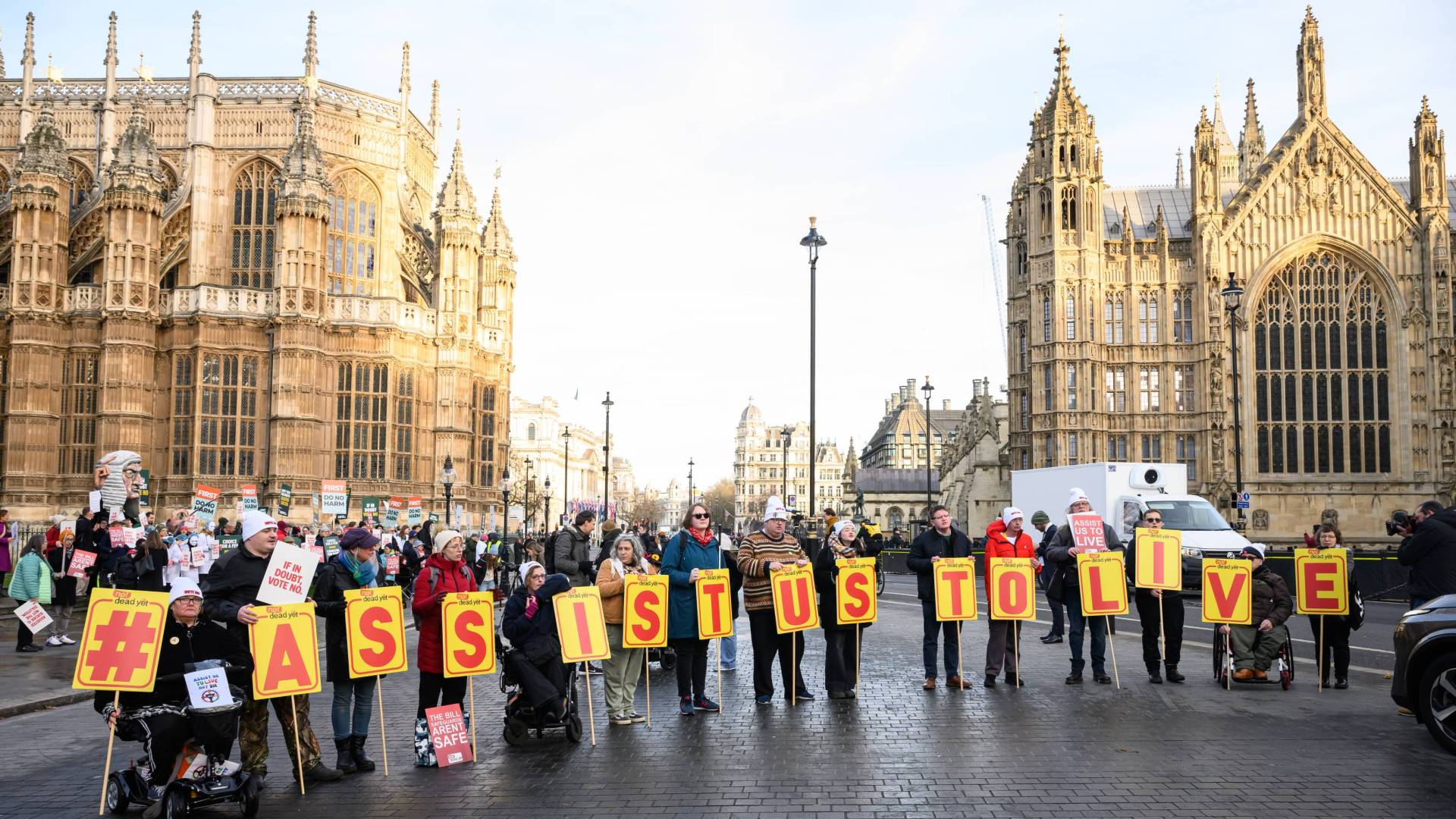British lawmakers’ decision last Friday to initially approve an assisted dying bill has drawn sharp criticism from Christian leaders and advocacy groups in the UK.
Following hours of emotionally charged debate, members of the House of Commons voted 330 to 275 to legalize assisted dying for patients in England and Wales who have a terminally ill condition and less than six months to live.
A final vote on the proposal will be held next year, and it must pass both chambers of Parliament to become law. Currently, assisted dying is illegal in the UK and can result in a sentence of up to 14 years in prison.
Last week’s decision marks a historic shift in Britain’s lengthy public debate over how to care for sick people in their final days.
In 2015, when an assisted dying bill was last proposed in the House, it was soundly defeated; now, according to recent polling, about two-thirds of the British public support the legalization of assisted dying.
“This is the biggest proposed change to our social fabric in a generation,” Gavin Calver, CEO of the Evangelical Alliance, said in a press release. “Sadly, this bill will normalise suicide in our society as a positive option and places the most vulnerable at risk of abuse and coercion.”
The bill gets reviewed and potentially amended by parliamentary committees next.
Assisted dying is legal in Canada, New Zealand, Spain, and most of Australia, as well as several US states, including Oregon, Washington, and California.
Advocates of the bill say assisted dying is a compassionate response to the excruciating pain experienced by many terminally ill patients.
But Christian leaders from a variety of denominations in the UK say that this decision devalues life and would harm vulnerable people, such as the elderly or disabled, who might choose death because of external pressure or because they feel that they have become a burden. Instead of assisting with death, the health-care system should offer high-quality palliative care for people in their final days, Christian leaders say.
Prior to the decision, dozens of faith leaders in the UK signed a letter in The Observer urging lawmakers to vote against the assisted dying bill. Signatories included the Bishop of London, the Archbishop of Westminster, and the CEO of Evangelical Alliance, as well as Hindu, Muslim, and Jewish faith leaders.
“Even when surrounded by loving family and friends, people towards the end of their life can still feel like a burden,” they wrote. “In this environment, it is easy to see how a ‘right to die’ could all too easily end in feeling you have a duty to die.”
Immediately after the November 29 parliamentary vote, pro-life Christian leaders denounced the decision.
In a press release, Ross Hendry, the CEO of Christian Action Research and Education (CARE), criticized the bill for its lack of safeguards for vulnerable people. Calling an assisted death bill “safe” is an oxymoron, he added.
“Legalising assisted suicide would diminish the value we ascribe to human life in our legislation and our institutions and create a two-tier society where suicide prevention doesn’t extend to all people,” Hendry said. “This would be a moral failure, and a huge step backwards.”
Following the vote, Sarah Mullally, the Bishop of London and the Church of England’s lead bishop for health and social care, said the church supports high-quality palliative-care services for those at the end of life.
“Safeguarding the most vulnerable must be at the heart of the coming parliamentary process, today’s vote is not the end of the debate,” she said.
Andrea Williams, the chief executive of Christian Concern, said in a statement that “a compassionate society finds ways and solutions to care for those who suffer until the very end. It does not find ways to end life by suicide.”
“Today is indeed a very Black Friday for the vulnerable in this country, but this is not over,” she added. “The proposals in this dangerous Bill have been completely exposed. The proposed safeguards are completely meaningless, and more and more [Members of Parliament] are waking up to that reality. This Bill will create more suffering and chaos in the [National Health Service], not less, and if it goes through, the vulnerable will become more vulnerable.”
Calver said that he and the Evangelical Alliance will continue to work to ensure the bill does not become law.
“When the bill returns for further votes next year,” he said, “we will continue to campaign against the principle of this bill and advocate for the best protections for the most vulnerable in our society.”














